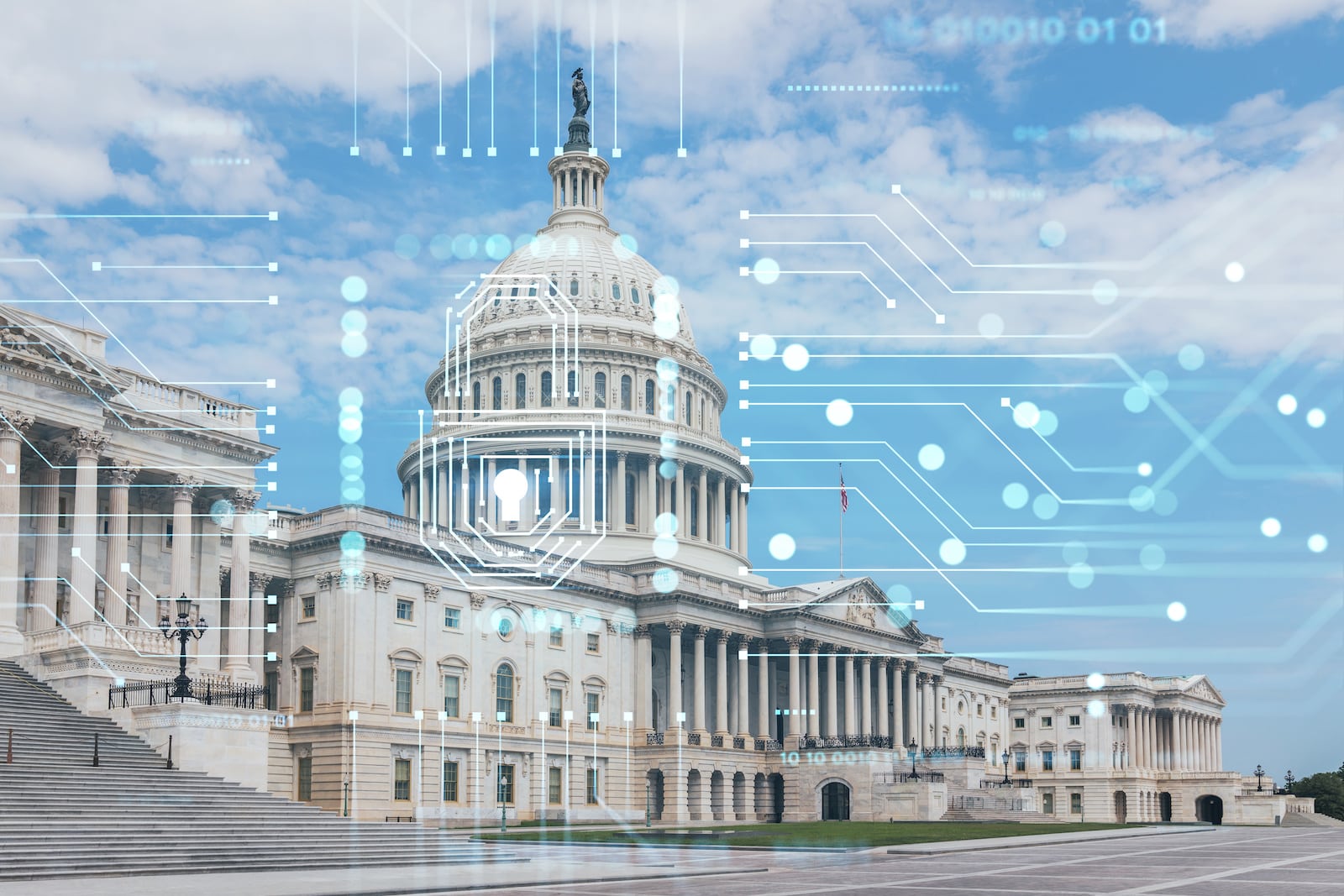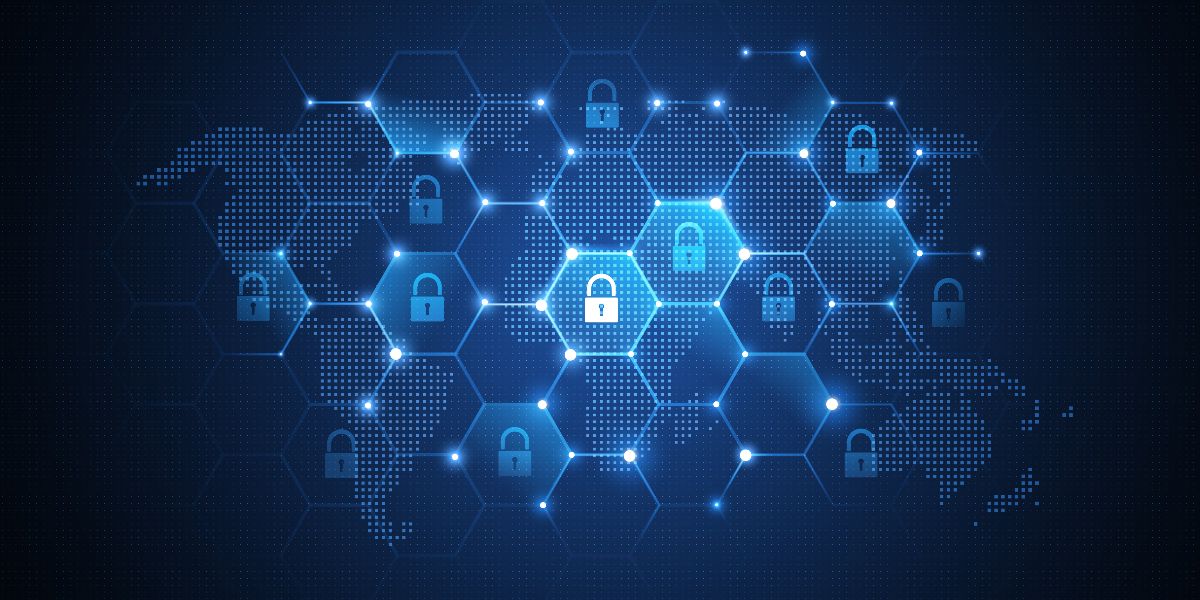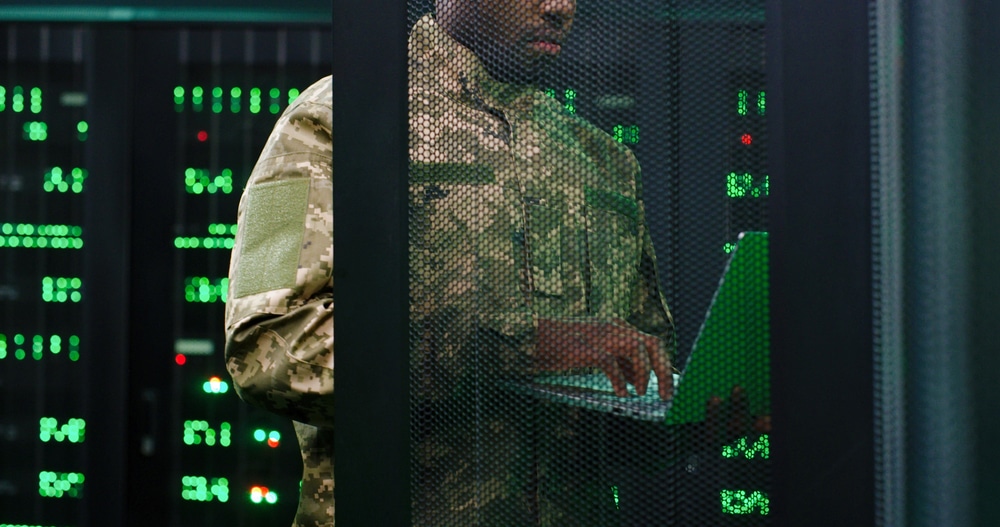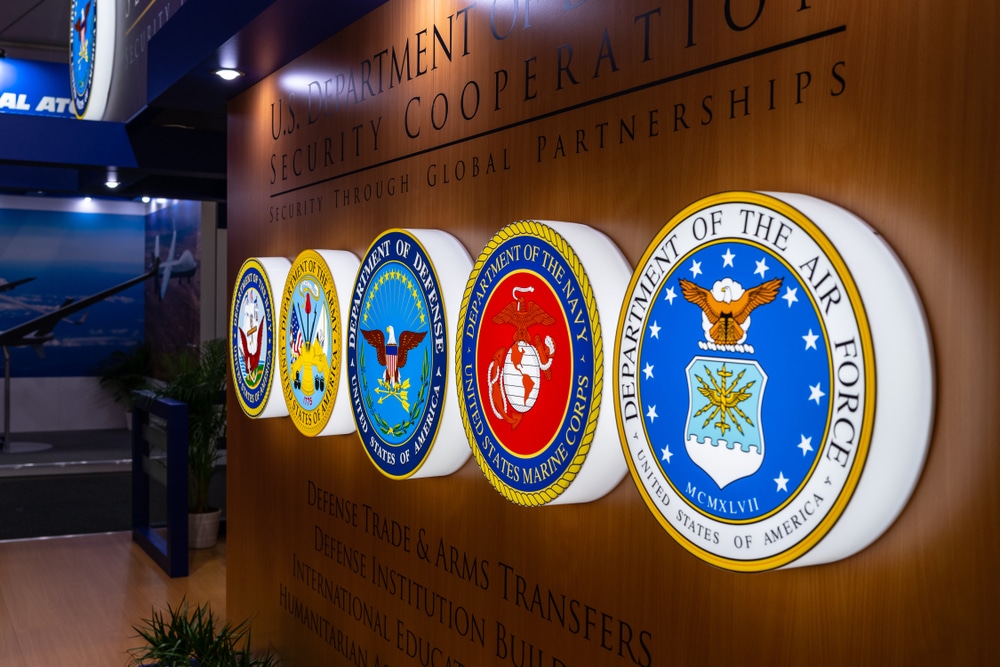
Addressing federal record retention in mobile device messaging
There are hundreds of US federal government departments and agencies. The vast majority are subject to Federal Records Act (FRA) and National Archives and Records

There are hundreds of US federal government departments and agencies. The vast majority are subject to Federal Records Act (FRA) and National Archives and Records

After months of marking up a dozen spending bills, legislators have finalized the cybersecurity budget for the fiscal year 2023. The collective set of bills

Wickr RAM (Recall, Alert and Messaging) is now available to the U.S. Department of Defense (DOD) through Cloud One, which is a cloud hosting infrastructure and

When you consider the rapid rise of digital operations across the public and private spectrum, government agencies face the same challenges as every modern business.

The SolarWinds hack was a major attack that affected thousands of companies as well as multiple government agencies. The size and nature of the attack

Wickr and Wickr Enterprise is the only end-to-end encryption (E2EE) in a zero knowledge and zero trust architecture that is developed, maintained and controlled in

When it comes to cybersecurity, experts expect a number of important policy changes from the previous administration. Just what changes in cybersecurity policy are we

As a Nation, we cannot effectively expand the competitive space to mitigate near-peer competitors from executing large-scale cyber intelligence or attack operations without a “whole-of-society”

Because the Department of Defense (DoD) is broadly charged with defending the country against all threats, military and otherwise, cybersecurity has always been part of

Malicious actors have always targeted government entities, especially the Department of Defense, in search of state and military secrets. Today, many of these attacks are

This article was originally posted on defendcampaigns.org. With less than 3 weeks to go before Election Day, it’s never too late to enhance the cybersecurity

During both the 2016 and 2018 elections, Russia-sponsored hackers attempted to disrupt the U.S. election process by spreading disinformation via social media and by hacking